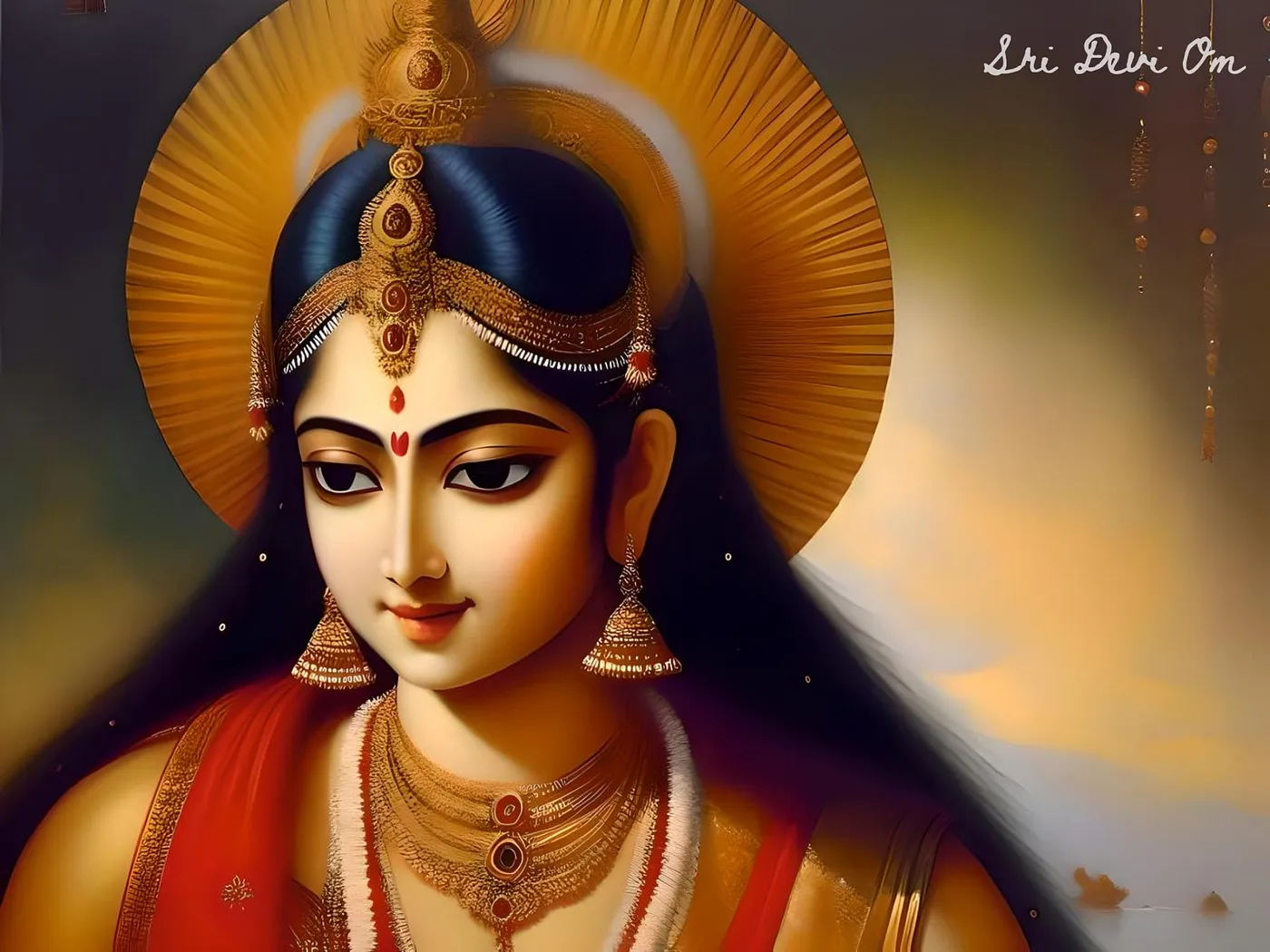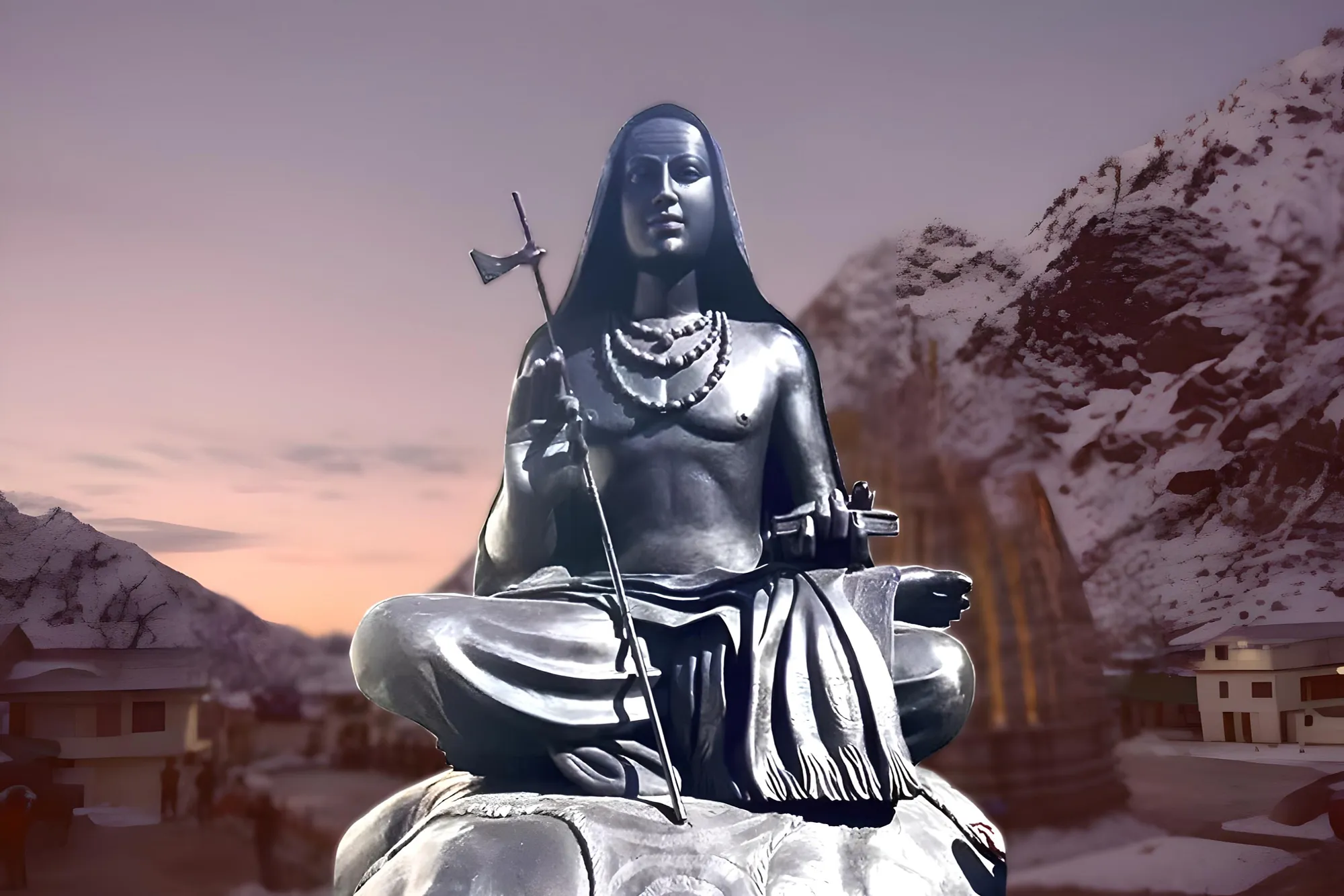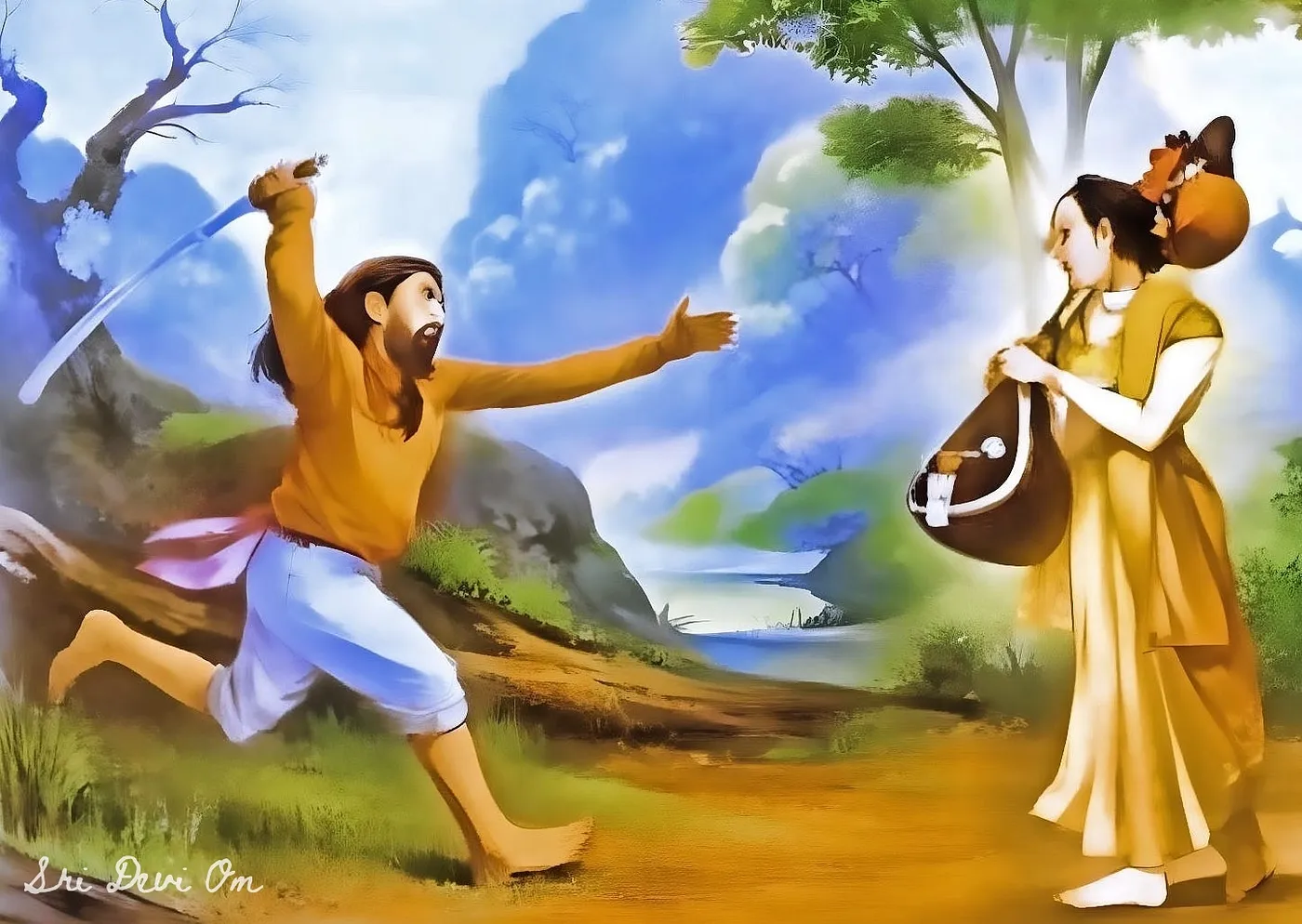Someone asked me (paraphrased): My partner subjects me to negativity, maybe even borderline abuse. That angers me, and I yell. Am I moving away from Dharma and doing Adharma?
Before I share my reply, let me recount an episode from the Ramayana.
A Discussion on Dharma
Responding to a call for help by the sages, Rama and Lakshmana set out to end the cannibalistic Rakshasa tribe.
Reflecting on the situation, Sita said, “The Rakshasas didn’t intentionally harm anyone. Cannibalism is their way of life, which they inherited from their ancestors. Isn’t killing them against the dictates of Dharma?”
“Sita, I’m not surprised by your question on Dharma,” Rama said, smiling proudly at his wife. “After all, you’re the wise Janaka’s daughter.”
Rama paused for a moment to gather his thoughts. “You are right, my dear. I feel no hatred toward the Rakshasa tribe, and attacking them is in some ways unfair,” he stated emphatically. “Yet, as a king, I cannot ignore my Dharma of saving my subjects from the cannibals.”
The Gray Zone
From the above discussion, we can note one thing:
Dharma isn’t black or white. Instead, it’s a gray zone. Often, what appears at the surface differs from what is actually happening.
While many deemed the Rakshasa tribe evil and burned the effigies of Ravana, Sita and Rama noted something deeper. The Rakshasa tribe had been cannibals for eons. Since they had inherited cannibalism, they believed it was their way of life. So, the Rakshasa tribe wasn’t really at fault. Instead, it was their culture that needed reform.
Similarly, the Rakshasa tribe had another controversial way of life. Their marriages weren’t as refined. Like animals, the alpha male or female stole the partner from others. If we think deeply, by abducting Sita, Ravana just followed this Rakshasa style of life, which he was used to from childhood.
While most people cursed Ravana and the Rakshasas, Rama and Sita understood them. Rather than hate the Rakshasa tribe, Rama paved the way for reform by installing the non-cannibalistic Vibheeshana as their king.
Real-Life Application
As implied above, Dharma doesn’t mean following some set-in-stone morals. It needs an in-depth analysis of each situation before we act. Given this complexity, how do we follow Dharma effortlessly?
Here’s a method I follow, which has never let me down:
When stuck in difficult situations, I always err on compassion — for others as well as for myself.
Using this rule of thumb, here’s my response to the person whose question started off this post:
In your situation, anger is your coping mechanism against negativity. In that sense, anger is your self-protection tool, and anything done with that intent is never wrong. Hence, the absolute moral of “Anger is Adharma” doesn’t work here.
The real issue is that you feel you’re facing borderline abuse. Rather than beating yourself in the name of absolute morals, be compassionate to yourself by taking measures to end abuse.
If you stop your abuse and go through healing, you can eradicate your anger. By caring for yourself and becoming anger-free, you will be compassionate to others.
In Short
Absolute morals aren’t Dharma. These solve no purpose except increasing your blood pressure! Please don’t get stuck in this trap and become a victim of your virtues.
Being compassionate to yourself and others in every situation is Dharma. So, pursue compassion instead of absolute morals; inner peace will automatically become your cherished friend.
Love,
Sri Devi Om



